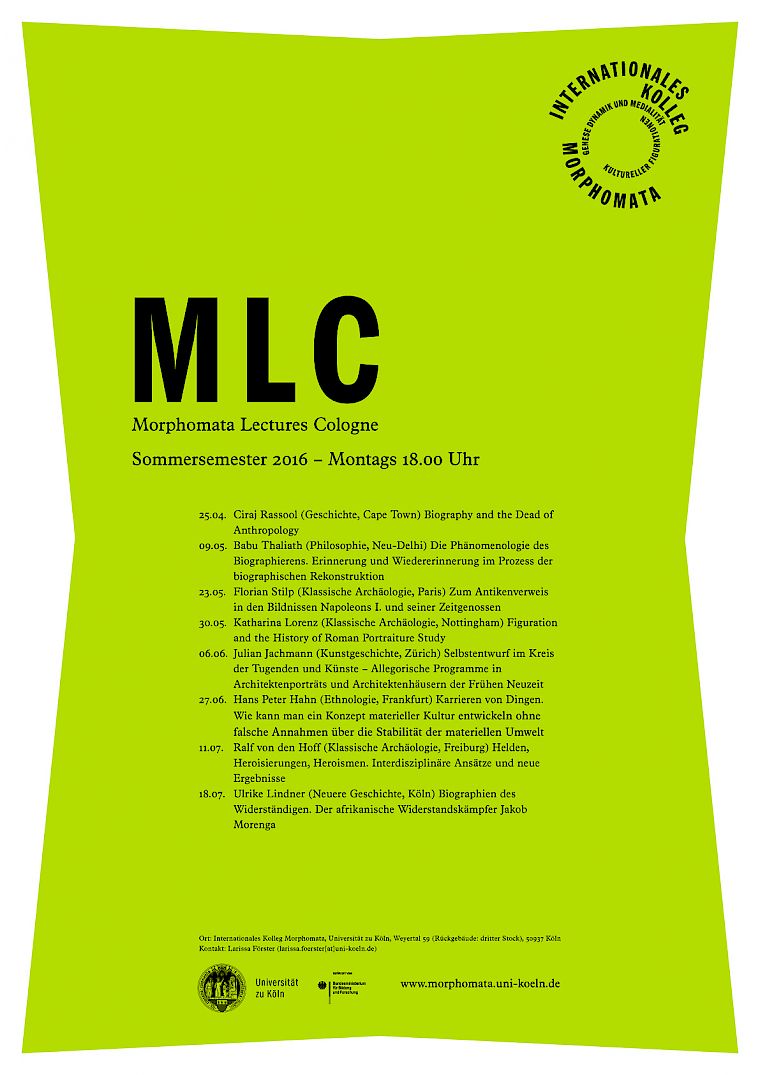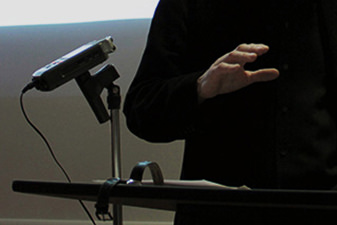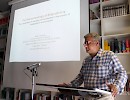The Phenomenology of Biographising: The constitution of memory and recollection in the process of biographical reconstruction
(Die Phänomenologie des Biographierens. Erinnerung und Wiedererinnerung im Prozess der biographischen Rekonstruktion)
Biographies are reconstructions of past lives. Biographical as well as historiographical reconstruction of the past is premised on numerous referential facts from various sources of remembrance, such as the retrospective reflections, interviews, written and printed text materials, media documentations, oral traditions, etc. However, the narrative continuity of the past is hardly safeguarded by the abundance of such data and materials, as both biographies and cultural histories conceal gaps, discontinuities and missing chapters. This would eventually necessitate a speculative reconstruction of the biographical and cultural past. In my presentation, I try to look at the past, predominantly in the context of biographising, as a temporal object and investigate it by means of philosophical – particularly phenomenological – premises, tools or methods. My primary and propaedeutic investigations will be based on certain fundamental philosophical notions that are related to the experiencing of time and its perceptual and historical retention in the process of memory and recollection. I will discuss them in the framework of phenomenological doctrines, namely the doctrine of the intentional inexistence of temporal objects (Brentano, Husserl), of noetic and noematic constitution of the time-consciousness (Husserl) and its development into a historical narrative (Carr), as well as in the framework of the epistemological problem of referentiality and aporicity of time-experiences (Ricoeur).
The narrative continuity of a past life manifests itself in different historiographical reconstructions of memory, as represented chiefly in biographies but also in other forms of narrative such as literary fictions and films. A primordial time-structure seems to persist in the form of an inevitable residual entity in both the perceptual continuity of experience as well as in the narrative continuity of memories and reflections. I would argue here that the hyletic data (hyletisches Datum), which, according to Husserl, survives all the phenomenological reductions in consciousness and thereby bridges the divide between consciousness and reality, eventually refers to the residual persistence of a time-structure inherent in both the immediate experience and in the narrative reconstruction of memory. Precisely this persisting and indelible remnant of a time-structure in consciousness seems to autonomise the mental inexistence of the objects of perception and memory against all noetic processes and their historical morphoses. The primacy of noesis over noema, as tacitly presupposed in phenomenology, seems to be refuted here or rather reversed. I will try to demonstrate how certain filmic image motifs of Andrey Tarkovsky that depict the biographical reconstruction of past memories are aesthetically premised on such a necessary reversal in the framework of phenomenology.
(The talk will be held in English)


